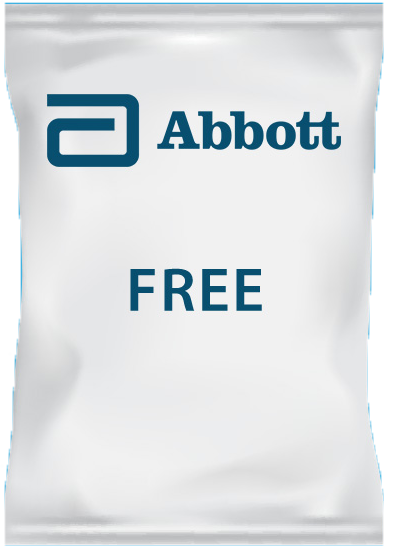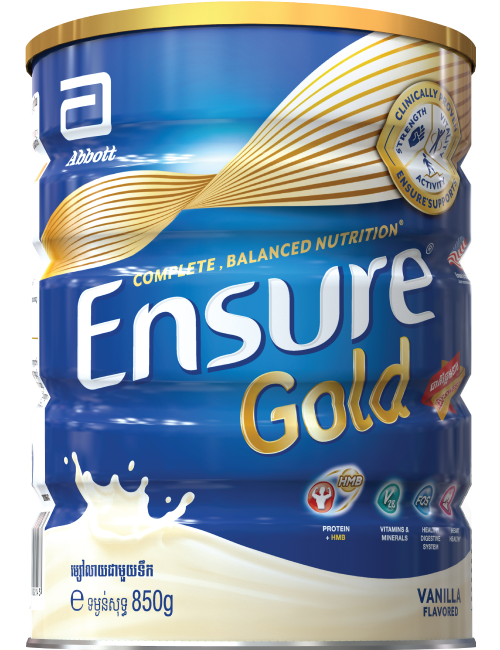Staying on Track
Staying on Track with a good routine
Having diabetes means paying attention to what you eat and when, your exercise regimen and, maybe, a medication schedule. It can all seem overwhelming at first. But if you begin a good routine that helps you track your blood glucose levels, and your diet and exercise, you can see how well you are controlling your disease. And good control promotes a healthier life. Use the following guidelines to monitor your disease-to confirm that your blood glucose levels are appropriate or to alert you that you should consult your health care professional.
If you meet all the criteria below, you're on track
- Hemoglobin A1c (HbA1c) under 7%
- This test should be conducted every 3 to 6 months according to your doctor's recommendations. It measures what your average blood glucose levels have been over the previous 3 months.
- Average blood glucose levels usually under 8.3 mmol/L
- Average includes blood glucose levels both before and after meals and at bedtime
- Most fasting blood glucose levels between 6.1 - 8.0 mmol/L
What to do:
- You are doing a great job of keeping your blood glucose under control-continue your diet, exercise and medication regimen
- Continue to monitor your levels as determined by your health care professional and keep all physician/health care professional appointments
If your blood glucose levels fall in any of these ranges, you are taking a detour
- HbA1c between 7% and 9%
- Average blood glucose levels are between 8.3 mmol/L and 11.7 mmol/L
- Most fasting blood glucose levels between 8.0 mmol/L and 10.0 mmol/L
What to do:
- Your blood glucose levels suggest you may need adjustments in your diet, exercise, and/or medication regimens
- Consult your physician
If you meet any of the criteria below, you need to check your road map
- HbA1c greater than 9%
- Average blood glucose levels over 210 mg/dL (11.7 mmol/L)
- Most fasting blood glucose levels are well over 200 mg/dL (11.1 mmol/L)
What to do:
- Call your physician for professional evaluation
Disclaimer:
These guidelines are for reference only and are not intended as a substitute for medical diagnosis or treatment by a trained professional. You should always consult your physician about any health care questions you may have, especially before trying a new medication, diet, fitness program, or approach to health care issues.






